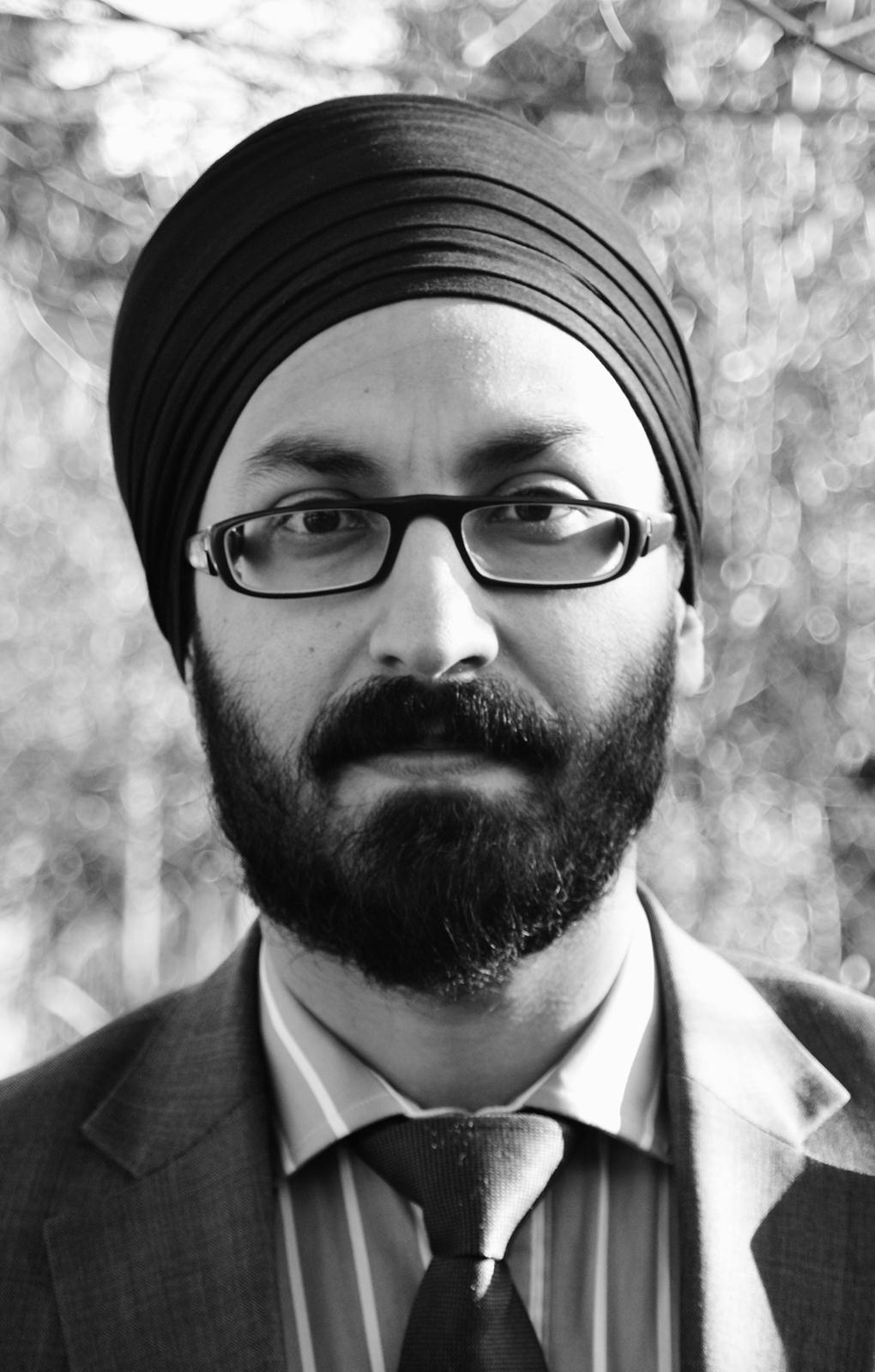About Me

I entered the world of Clinical Forensic Medicine after completing my training as a GP in 1998 and subsequently started in independent practice in the role of Police Force FME (Forensic Medical Examiner, or Forensic Physician).
Most of my time in my role as a Forensic Medical Examiner is occupied assessing detainees held in police custody. Detainees are entitled to request to see a doctor as embodied in the Police And Criminal Evidence Act (1984 PACE). Detainees are commonly examined in order to establish their medical and psychological fitness to be detained in custody, in addition to their fitness to be charged and/or interviewed by the police.
The work presents unpredictable challenges commonly involving vulnerable individuals with complex medical / psychological needs and alcohol / drug dependencies.
Forensic physicians are also required to attend scenes of sudden or unexpected death to assist the police in establishing whether the circumstances might suggest an unnatural or suspicious death to warrant further scrutiny.
My day to day work involves the documentation and interpretation of injuries sustained by both complainants and detained suspects including Sexual Offence case work. My working experience and higher clinical forensic training has afforded a relevant knowledge-base that renders me capable of expressing an opinion on the subject of injury / scar interpretation with particular reference to mechanism of causation and ageing of scars. I also have expertise in the interpretation of injuries sustained from firearms.
My clinical practice also includes the care of individuals suspected of involvement in terrorism related offences. I have undertaken specific training in relation to the assessment and care of such detainees and those alleging to have been victims of torture / ill-treatment.
My specific skill-set relevant to this type of work includes knowledge of the physical and psychological effects of different forms of torture, clinical interview considerations when conducting a physical and psychological evaluation, awareness of assessment methods and requirements as set out in the Manual on the Effective Investigation and Documentation of Torture and Other Cruel, Inhuman or Degrading Treatment or Punishment. (“Istanbul Protocol” 2004).
Ref; “Istanbul Protocol” UN Office of the High Commissioner for Human Rights Manual on the Effective Investigation and Documentation of Torture and Other Cruel, Inhuman or Degrading Treatment or Punishment. 2004.
The work also involves dealing with detainees suspected of being involved in drink/drug driving offences, including examination for clinical evidence of impaired driving, and to exclude any medical or psychological causes that might account for apparent impairment. I also examine individuals to establish whether they have a reasonable medical excuse that accounts for non-provision of specimens of breath, blood or urine for forensic analysis.
Medicolegal work is cerebrally challenging and demands a logical approach and considerable attention to the detail held within documents central to the particular case in question. Clarity of thought and confidence in public speaking is also essential in the presentation of oral evidence to Magistrate, Judge and jury, and to withstand scrutiny during cross-examination.
Bond Solon is the UK’s leading training organisation for court experts. In conjunction with The Cardiff University Law School, Bond Solon have developed an Expert Witness Certificate course with competence being established by direct assessment and examination. Experts that hold the Cardiff University Bond Solon Certificate can be expected to adhere to good practice guidance relevant to Expert Witnesses, produce court compliant reports, and demonstrate competence in giving evidence in court.
Forensic Physicians understand more clearly than other specialities, the crucial need for high standards particularly in the communication of information to police, lawyers, the judiciary and courts. Bad practice in the forensic medical field not only potentially compromises an individual’s health, but can also affect their liberty if wrongly convicted on poor medical evidence, or compromise justice for a victim should their assailant be freed as a result of medical incompetence.
The Worshipful Society of Apothecaries of London previously held the Diploma in Medical Jurisprudence (DMJ) examination. The syllabus for the DMJ familiarises Doctors with the structure and function of the English Judicial system in addition to providing a sound understanding of medico legal concepts and forensic pathology. The DMJ is a measure of expertise in the speciality of clinical forensic medicine.
The Faculty of Forensic and Legal Medicine of the Royal College of Physicians in London was established in 2006 to formalise a training and career structure by inviting applicants to gain Membership by Examination.
